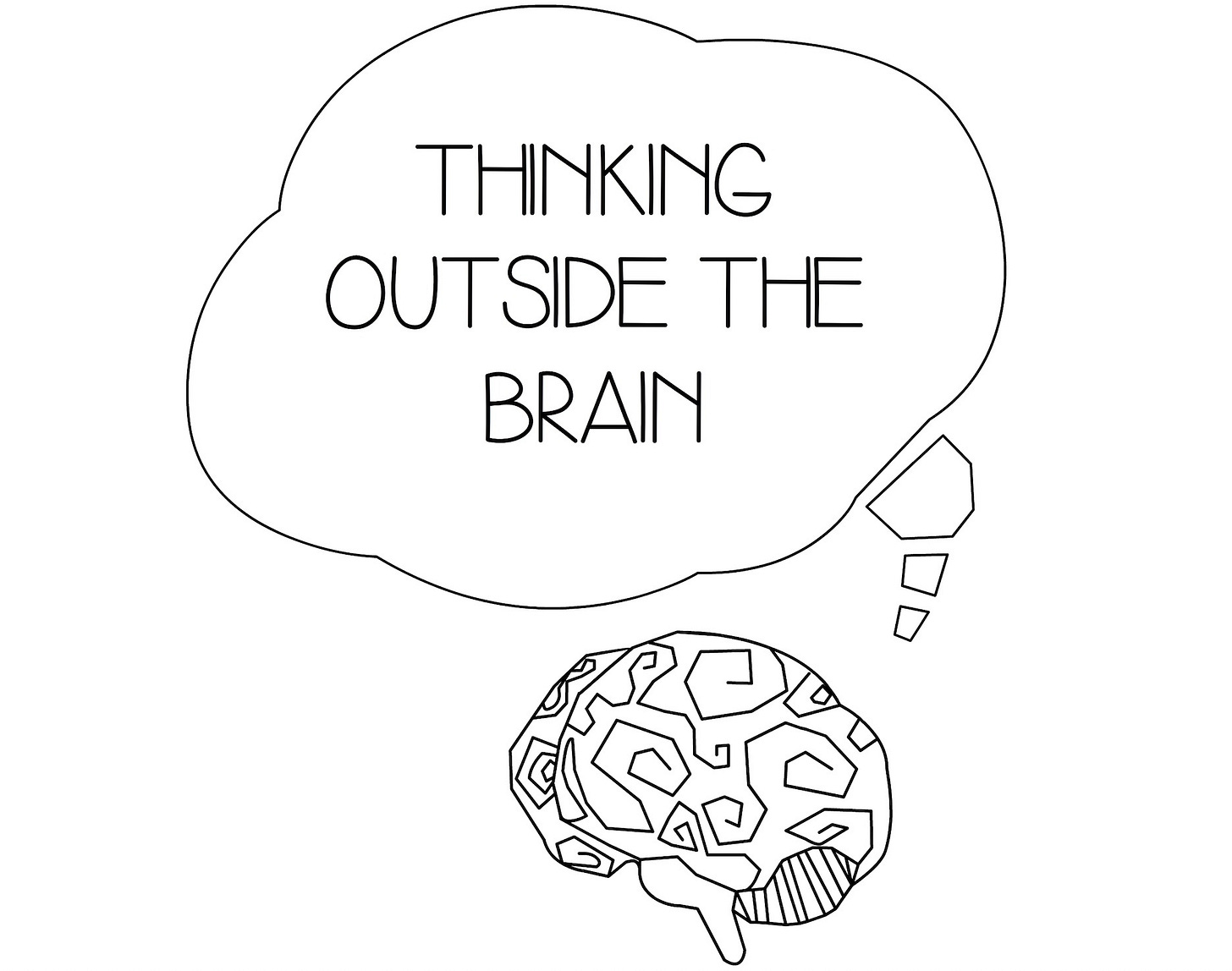If you’ve heard the claim - You are your brain – then it’s time to think again.
Your brain is a remarkable thing, but it’s limited. It can't breathe. It can't eat. It can't see or hear. It can't walk or talk, or smile or kiss. It can’t laugh or cry, or have sex or raise children. There are all sorts of things that your brain can't do, but you can do, because you’re not your brain.
Yes, the brain is the centre of your thinking. However, it's not the whole of your thinking. Thinking is bigger than individual brains. From the moment we're born, we're constantly interacting with the world, and with each other. In the process, we work out how to think and what to think.
Our personal beliefs - about politics, religion or anything else - may be in our brains. However, we get them from other people. As we go through life, we encounter different views. We then agree with some of them. We choose our beliefs from a long menu that's already out there in the world.
Our desires may be in our brains but, beyond our basic instincts, other people put them there. The things that we want are made desirable by parents, peers, politicians, priests and people who want to sell us things. Nobody is hard-wired to want the newest smartphone. We learn from others what is desirable.
Our memories are frequently outside our heads. We remember by writing in diaries, by setting alarms and by buying souvenirs. We reminisce in conversation. We record by taking photographs, then post them online for others to see. We’re reminded by others to do what we haven’t done. Call your mother. Offer ends Friday. Please Slow Down. Wash your hands.
Our personal traits depend on other people. We’re intelligent, or ambitious, or stable, or conscientious, or extravert in comparison to others. Even our innermost thoughts are meaningless without the world outside the brain. After all, how can you understand what's going on inside your head?
You need language, which you learn from other people. They learned it, in turn, from other people. Language evolved, and continues to evolve, through people interacting with each other. We create language among ourselves, then use it to understand what's going on inside our individual heads. Whenever we think about our inner selves, we rely on outside help.
We’re more than our individual brains. Our thoughts depend on the connections in our brain, but they also depend on other connections: the ones between our brains. These connections are in what we say and do, in how we interact with the world and with each other. Without these connections, we wouldn’t, and couldn’t, think the way that we do.
That, after all, is why you're thinking about this, right now, instead of something else. I’ve put down these thoughts, so that you can read them, and now - at this moment - they’re in your brain.
We put our thoughts out there, and the things that we think are responses to what others say and do. Together, we work out how to think, what to think and who we are.


